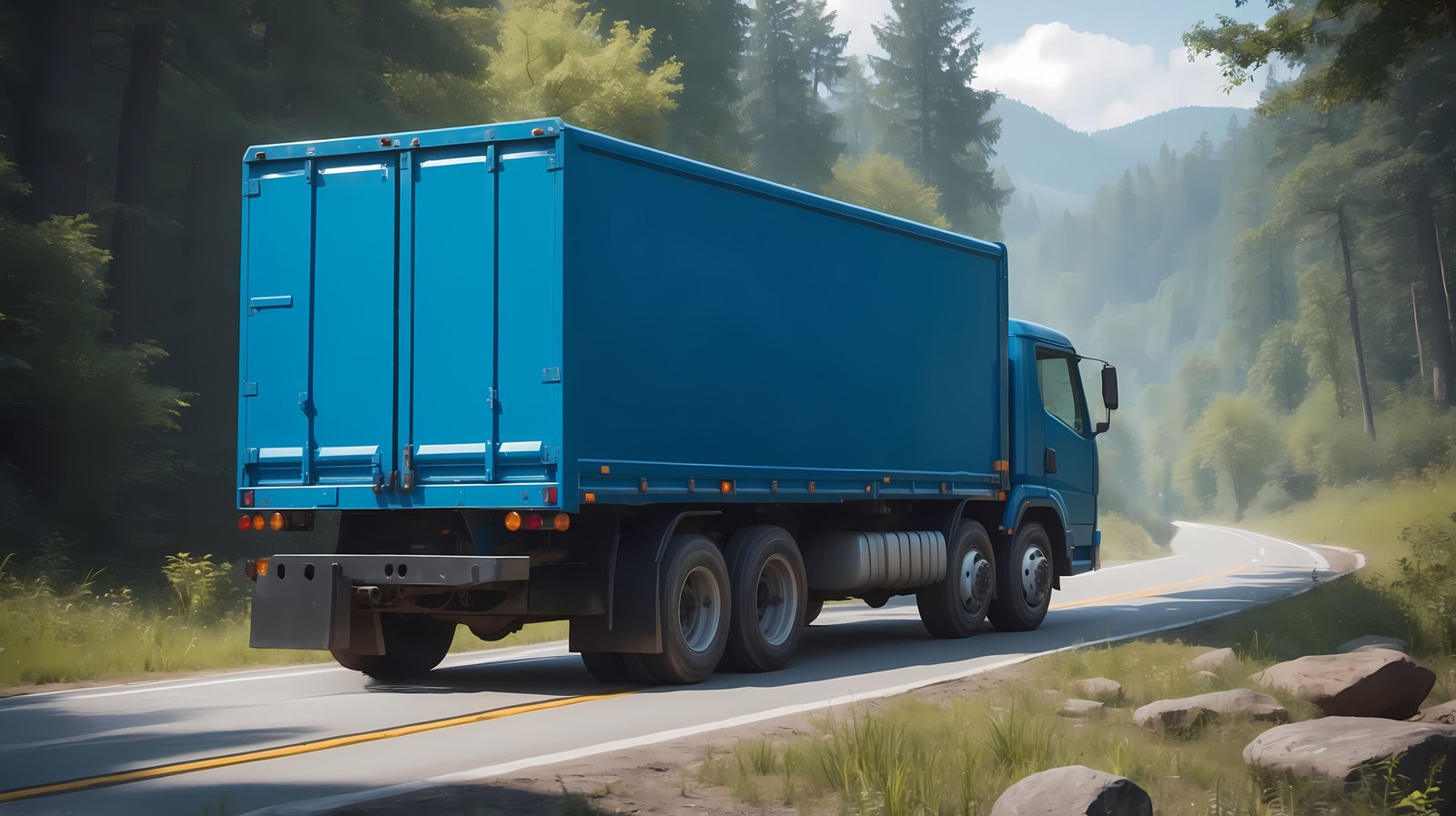News List
5 States to Drive 70% of India’s E-Truck Charging Demand by 2030: ICCT

India’s road freight sector is gearing up for a massive electric shift, and five states will be at the heart of it. A new study by the International Council on Clean Transportation (ICCT) has found that by 2030, 70% of India’s e-truck charging demand will come from Maharashtra, Uttar Pradesh, Rajasthan, Gujarat, and Madhya Pradesh.
The report, Charging Infrastructure Needed to Support India’s Full Transition to Battery Electric Trucks by 2050, was unveiled at the India Clean Transportation Summit (ICTS) 2025 in New Delhi. The launch saw participation from Dr. Hanif Qureshi, Additional Secretary, Ministry of Heavy Industries, ICCT leadership, Norway’s Embassy, and the Centre for Science and Environment (CSE).
According to the ICCT, meeting India’s electric trucking goals will require a 9 GW charging network by 2030—nearly five times Delhi’s current electricity generation capacity. This demand will be concentrated along high-density freight routes like the Golden Quadrilateral, the Delhi–Mumbai Industrial Corridor, and the Eastern Dedicated Freight Corridor.
The Road Ahead
India has already committed to making 100% of new truck sales zero-emission by 2050 under its net-zero pledge. While battery technology is catching up, ICCT warns that charging infrastructure remains the biggest bottleneck. Fuel-efficiency regulations, the PM e-DRIVE scheme, and incentives for high-power charging will help, but state-level interventions on land allocation, power tariffs, and grid expansion will make or break progress.
The study lays out a four-step policy roadmap:
- Develop national and state charging blueprints.
- Synchronize grid upgrades for high-capacity charging.
- Use modern tracking systems to close freight data gaps.
- Embed e-truck charging into logistics and freight planning.
What Leaders Are Saying
Dr. Qureshi highlighted India’s growing strength in EV manufacturing, particularly in batteries. “The ministry is committed to enabling this transition through policy support, incentives, and ecosystem strengthening,” he said.
ICCT India MD Amit Bhatt stressed the urgency of corridor-based charging: “Without reliable charging along freight routes, adoption of e-trucks will face unnecessary hurdles. Getting infrastructure right today ensures a faster, cost-effective shift to clean freight.”
ICCT’s global CEO Drew Kodjak pointed out that e-trucks already make up 2% of global sales, with 400+ models available worldwide. “India has the opportunity to leapfrog and position itself as a frontrunner in clean freight,” he said.
From Norway’s side, Arvinn Gadgil, Deputy Head of Mission at the Embassy, called India’s potential breakthrough a global model: “If India achieves this, it could become a recipe for saving humanity.”
As India’s highways prepare for the next wave of electrification, the spotlight will be on these five states to lead the charge—literally.
